The Owl and the Pussycat, Sri Lanka: what a beautiful hotel it is, it is
A whimsical hideaway stunningly located on the edge of the Indian Ocean
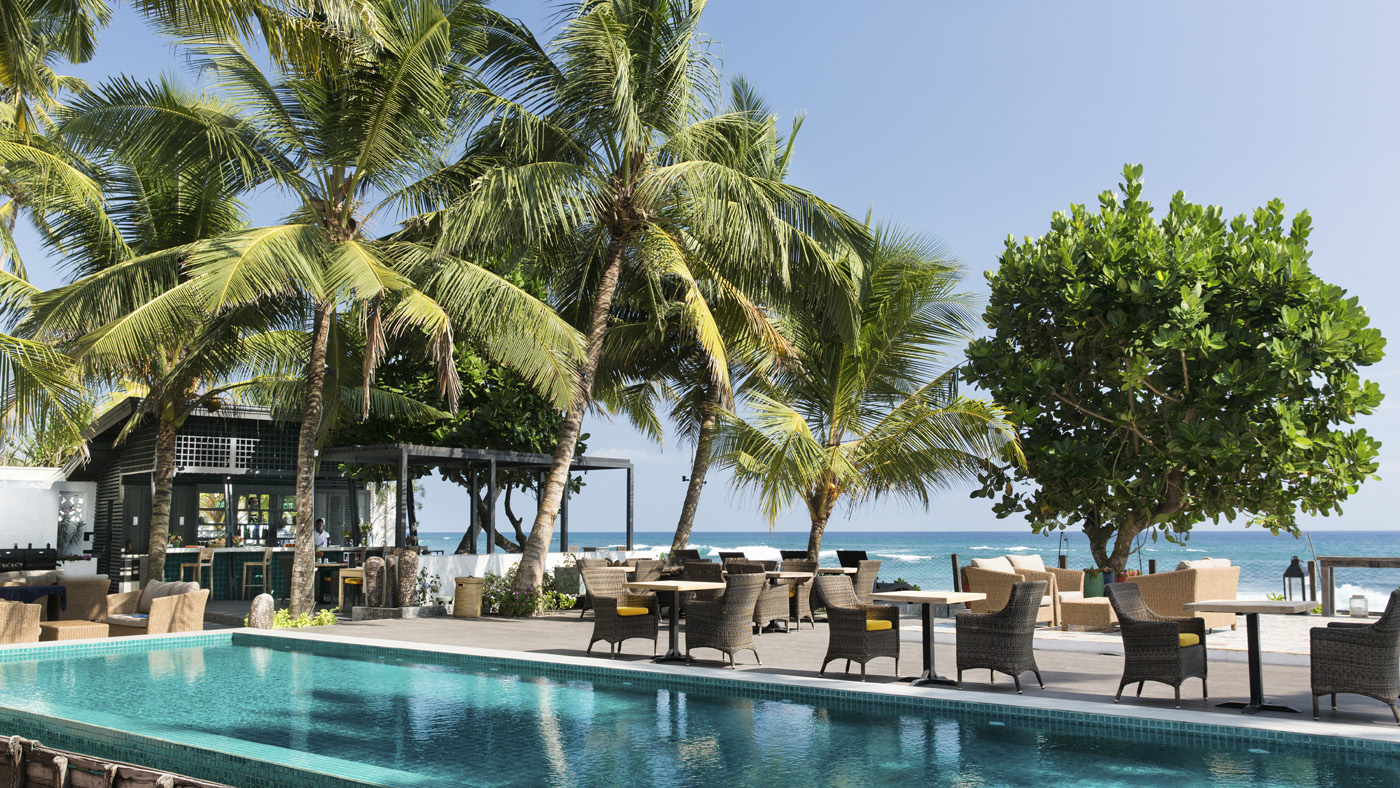
A free daily email with the biggest news stories of the day – and the best features from TheWeek.com
You are now subscribed
Your newsletter sign-up was successful
“From Seyllan to Paradise is forty miles”, says the legend, “the sound of the fountains of paradise is heard there”. It goes some way to describe the lure of Sri Lanka, as recounted by the Sri Lankan-born, Booker Prize-winning novelist Michael Ondaatje in his semi-autobiographical memoir, Running in the Family. After all, the island was once known as Serendib, which later led to the coining of the word serendipity.
Edward Lear, author of the famous nonsensical poem, The Owl and the Pussycat, might not have agreed. He spent an irritable month on the island in 1875, and, just like other fastidious Victorians who visited Sri Lanka, he found the climate deeply disagreeable. “I did not enjoy Ceylon,” he declared in his travel journal, sourly; “the climate is damp, which I hate; it is always more or less wet.” D.H. Lawrence, who also visited the island, agreed. “...Ceylon is an experience - but heavens, not a permanence”, he complained.
Had these gentlemen been fortunate enough to stay at the Owl and the Pussycat Hotel in Thalpe, near the town of Galle and just a two hour drive south of Colombo, they might have changed their minds.
The Week
Escape your echo chamber. Get the facts behind the news, plus analysis from multiple perspectives.

Sign up for The Week's Free Newsletters
From our morning news briefing to a weekly Good News Newsletter, get the best of The Week delivered directly to your inbox.
From our morning news briefing to a weekly Good News Newsletter, get the best of The Week delivered directly to your inbox.
The hotel, dreamt up by Indian-born Reita Gadkhari and her Sri Lankan co-owner Shane Thantirimudalige, is pure paradise. It is an enchanting haven, a whimsical hideaway stunningly located on the edge of the Indian Ocean. It is framed by gently swaying palm and plum trees and was inspired by Reita’s favourite childhood poem. “The poem spoke to me about an age of innocence, of less sophistication and more fun”, she writes.
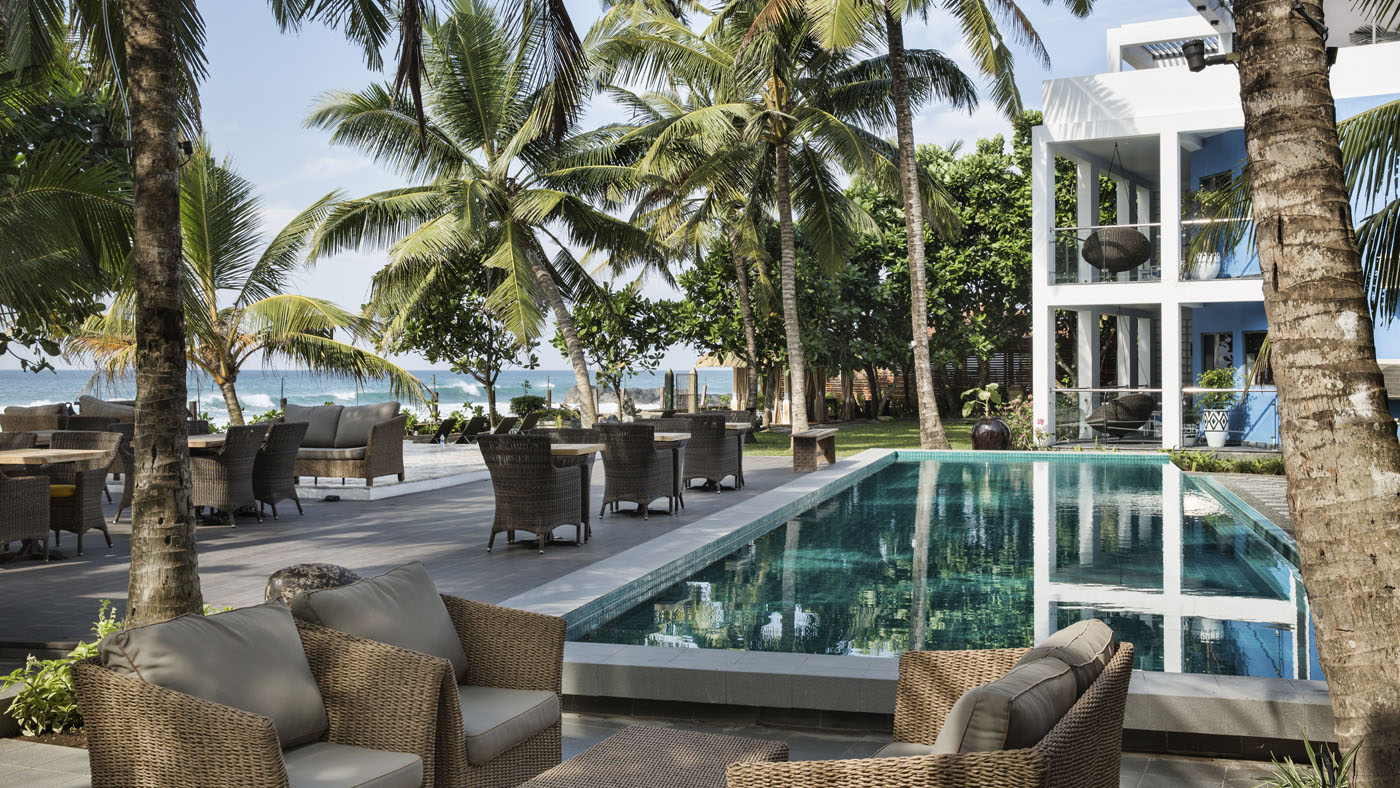
Past reception, a glistening, tiled aquamarine pool beckons, overlooking the ocean. Alongside the pool lies a washed up canoe, perhaps once the “beautiful pea-green boat” belonging to the owl and his lover. Beyond the pool is a patio, decked with sunloungers and perfect for a spot of early morning yoga. Steps lead down to smooth golden sands, where small, industrious crabs busy themselves in between the crashing waves. At night, the Moon casts a beguiling glow over the hotel’s romantic restaurant and outdoor bar, The Runcible Spoon.
Opened in 2015, the hotel’s 17 suites are designed to evoke the feeling of being on a luxury cruise. They are spacious, luxurious and colourful, with quirky details, such as the embroidered owl and pussycat cushions. The hotel sells them and donates the proceeds to a local children's charity. The hotel is utterly unpretentious, replacing opulence and grandeur with character, charm and comfort. “We did not look to the colonial past, nor imagine a hyper-modern way of living”, says the hotel’s architect, Uday K. Dhar. A balcony overlooks the ocean, where huge ships appear tiny on the hazy horizon.
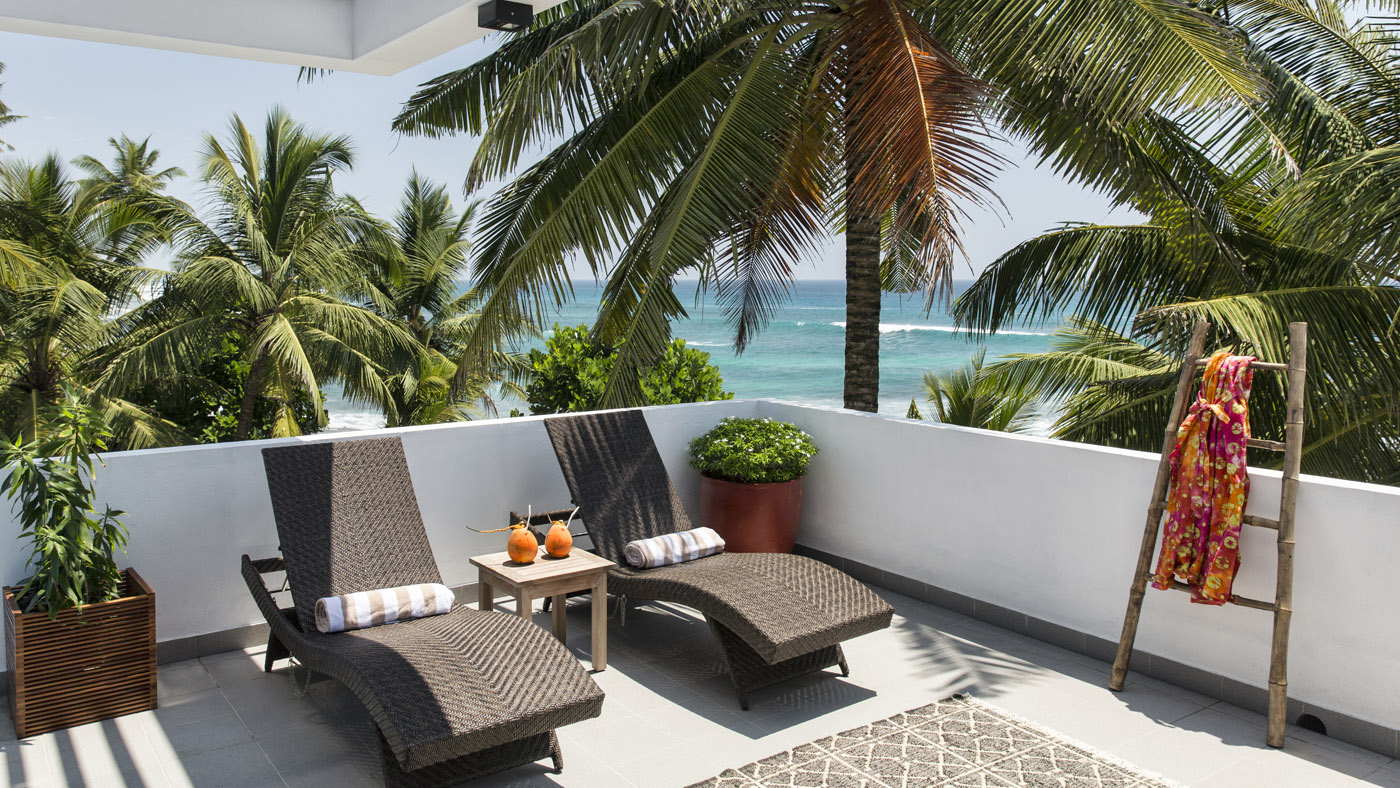
The Runcible Spoon provides a wonderful introduction to Sri Lankan cooking, with Indian-born, London-trained head chef, Anthony D’Costa whipping up tantalising creations in the kitchen. Breakfast consists of huge platters of tropical fruits, pol roti (coconut flatbread with scrambled eggs) and spicy hoppers - Sri Lanka’s delectable bowl-shaped pancakes. There’s also kola kenda; an ostensibly murky, green soup, which turns out to be a tasty, nutritious porridge, made from ancient herbs, coconut milk and rice. It’s delicious. Lunchtime favourites include a mango and avocado salad, yet the tuna koftas are served alongside what appears to be tomato ketchup, which needlessly overpowers the subtly spiced fish.
A free daily email with the biggest news stories of the day – and the best features from TheWeek.com
There are more familiar creature comforts if you can tear yourself away from the traditional cuisine, such as pasta, steak and fish and chips. But the aromatic fish thali, crab curry, juicy fat jumbo prawns or grilled local parafish will probably keep you content for a year and a day. For dessert, quirky takes on the classics, such as a mango tiramisu, are creative and confident, or ask for the Sri Lankan classic of buffalo milk curd and jaggery sauce, (palm sugar treacle), which tastes a little like creme brulee.
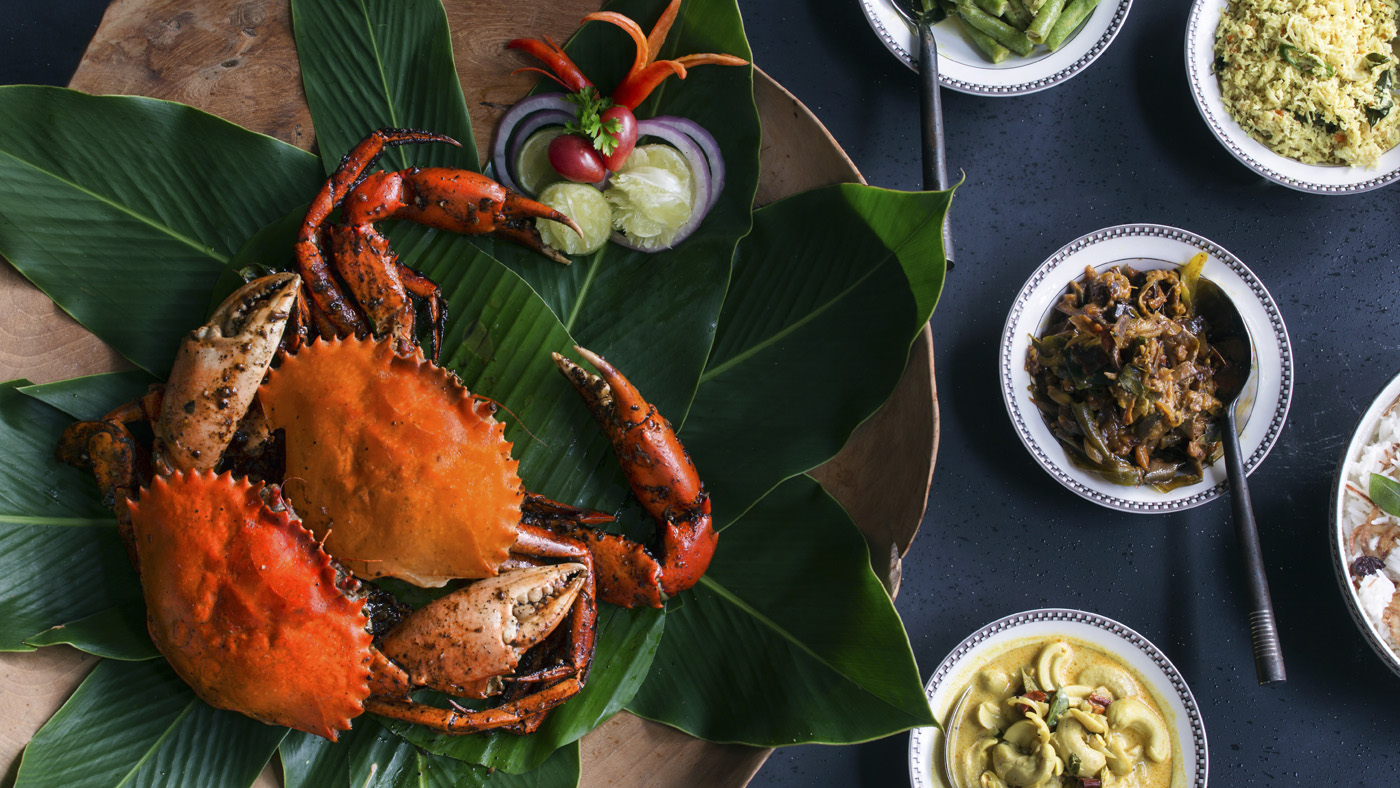
If nothing else, do not leave this hotel without first ordering an arrack sour; you must sip it at the bar overlooking the ocean as the sun goes down. Arrack is Sri Lanka’s national beverage, made from the flower of the coconut. Shaken with ice, sugar syrup and a generous burst of lime juice, this might just become your new poison of choice.
If you can bear to raise yourself from your sun lounger and venture out of the hotel, there’s plenty to explore. You can hail a cheap and cheerful (yet vaguely perilous) tuk-tuk outside the hotel. This is in itself an experience as they weave through the traffic, contending with the roaring buses blasting their horns.
Head to the nearby food markets just outside Galle to feast your eyes on the fruits and vegetables: mountains of banana blossom, wing beans, bitter gourds, mangosteen fruit, and murunga “drumsticks” - a type of vegetable. Next wander among the groaning stalls of the fishermen, with their abundant tuna, mackerel, parafish and red mullet, before a quick trip to the spice shack to stock up on vanilla, curry powder, garam masala and cinnamon - 98% of the world’s cinnamon is grown in Sri Lanka. There is also a reminder that this part of the world has been visited by terrible tragedy. I am told that the towering waves of the 2004 tsunami completely submerged the covered vegetable market.
If you want to see tea and cinnamon being produced, visit the splendid Handunugoda tea plantation, which offers free tours, and is stalked by screeching peacocks and other wildlife. The plantation is famed for its so-called Virgin White Tea, which sells for an eye-watering £1,130 per kilo. That’s because it follows an ancient Chinese method of production, whereby virgins once delicately snipped the tea leaves using scissors, so as not to let their sweat or odour sully the taste. Thankfully, virginity is no longer a requirement, but the tea leaves are still painstakingly collected using golden scissors.
A visit to the old port of Galle, one of Sri Lanka’s best preserved colonial towns, is a must for aimless wandering, restaurants and shopping, particularly for Sri Lankan gemstones. Sri Lanka was once called Ratnapida, meaning Island of Jewels. The old Dutch quarter, with its period villas and tiled red roofs, and the streets and fortifications, are atmospheric. If it gets too hot, stop for an orange king coconut, which are often sold along the sides of the road. The Sri Lankans call them thembili, which means orange, and they are refreshing on a hot day.
Lear was not wrong about the damp. Sri Lanka has two monsoon seasons, and it is almost impossible to predict what the weather will do. Yet when I visited in September, downpours, while sudden, are usually short and sweet, and even a swim in the warm, crystal clear waters of the ocean is not spoilt when a short, light drizzle falls. There’s plenty of options for swimming on this stretch of the coast, too. Try the nearby pristine beach of Unawatuna for sunsets and cocktails.
Perfectly situated, this imaginative, magical hotel is sure to be a hit with families, honeymooners, or anyone who simply wants to relax and be looked after. The staff are charming, attentive and will make your stay a delight with their impeccable service and warm welcome. As I turn for one last glimpse of the ocean, I spot a cat skulking off into the nearby shade. I’m sure even Lear would have approved.
Stay at Owl and the Pussycat from £235 per night including breakfast. To book, visit www.otphotel.com or call +94 777 240 077
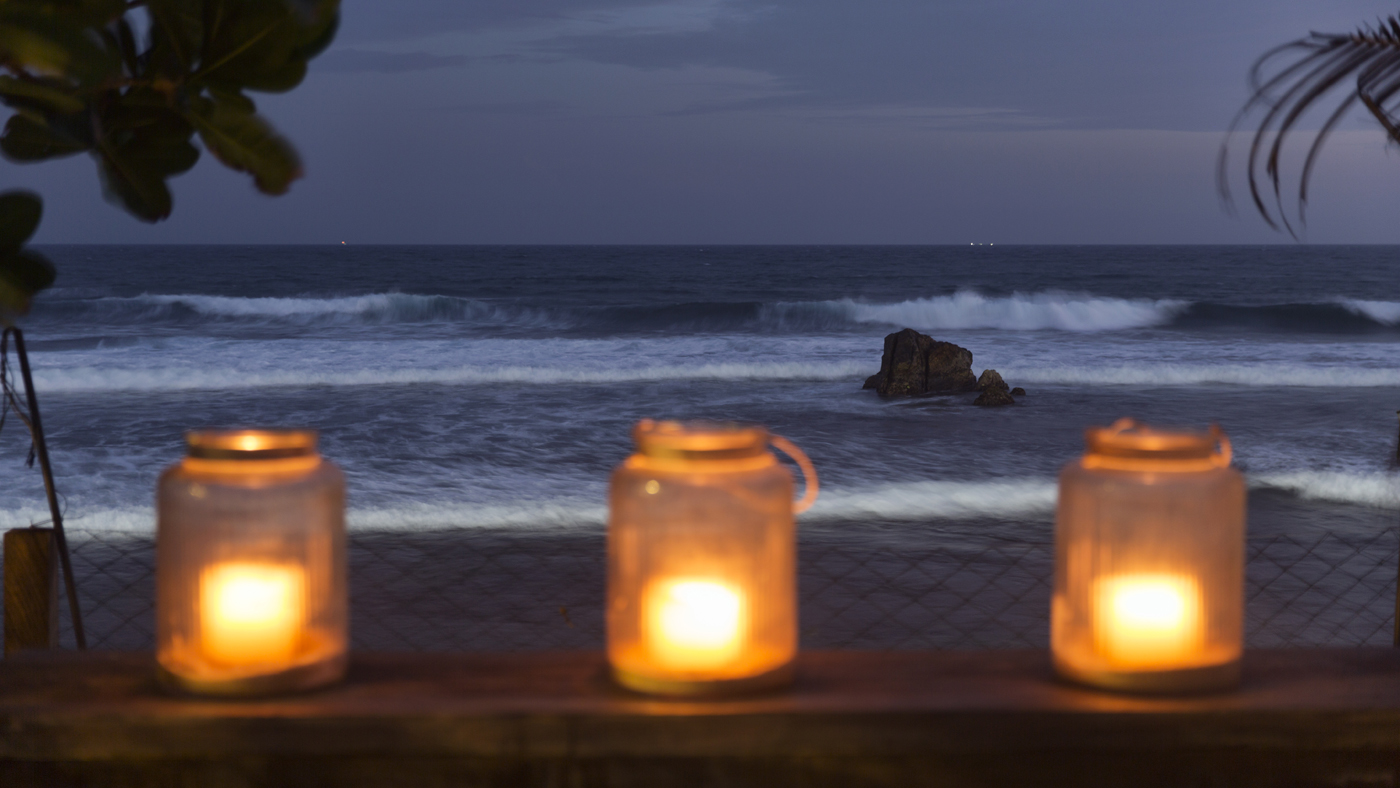
-
 Political cartoons for February 10
Political cartoons for February 10Cartoons Tuesday's political cartoons include halftime hate, the America First Games, and Cupid's woe
-
 Why is Prince William in Saudi Arabia?
Why is Prince William in Saudi Arabia?Today’s Big Question Government requested royal visit to boost trade and ties with Middle East powerhouse, but critics balk at kingdom’s human rights record
-
 Wuthering Heights: ‘wildly fun’ reinvention of the classic novel lacks depth
Wuthering Heights: ‘wildly fun’ reinvention of the classic novel lacks depthTalking Point Emerald Fennell splits the critics with her sizzling spin on Emily Brontë’s gothic tale
-
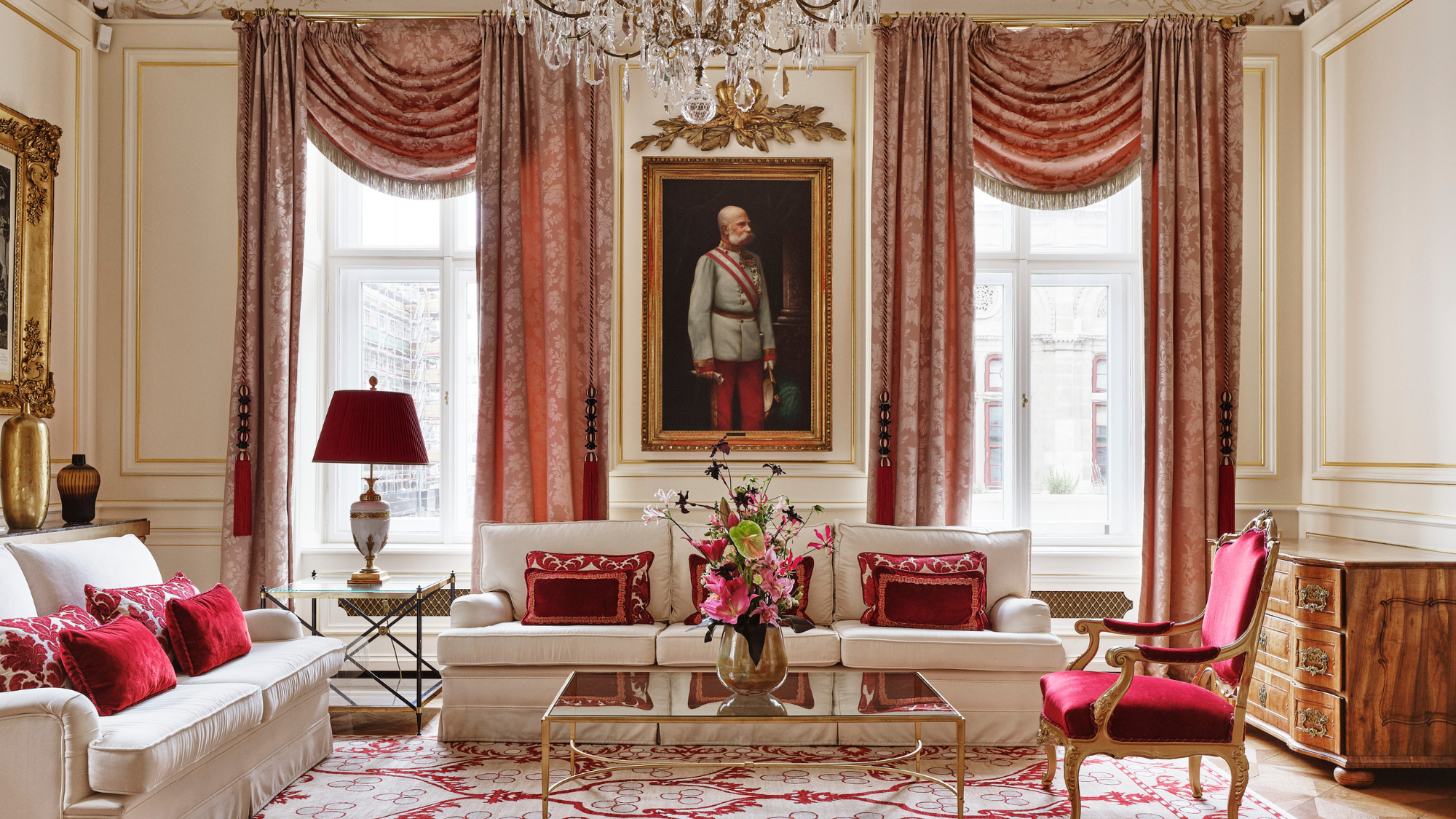 Hotel Sacher Wien: Vienna’s grandest hotel is fit for royalty
Hotel Sacher Wien: Vienna’s grandest hotel is fit for royaltyThe Week Recommends The five-star birthplace of the famous Sachertorte chocolate cake is celebrating its 150th anniversary
-
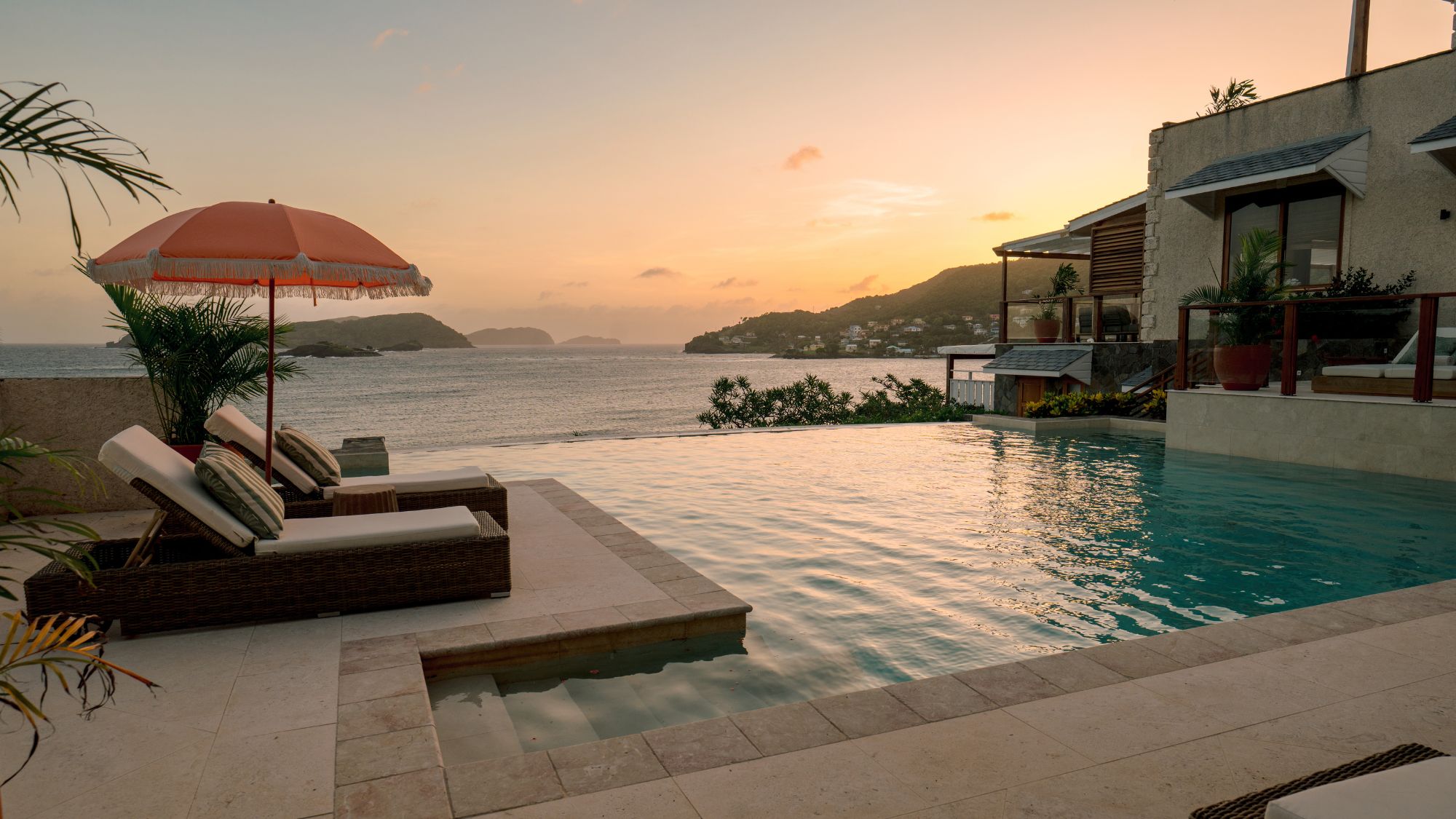 Rock Villa, Bequia: a hidden villa on an island epitomising Caribbean bliss
Rock Villa, Bequia: a hidden villa on an island epitomising Caribbean blissThe Week Recommends This gorgeous property is the perfect setting to do absolutely nothing – and that’s the best part
-
 Villa Treville Positano: a glamorous sanctuary on the Amalfi Coast
Villa Treville Positano: a glamorous sanctuary on the Amalfi CoastThe Week Recommends Franco Zeffirelli’s former private estate is now one of Italy’s most exclusive hotels
-
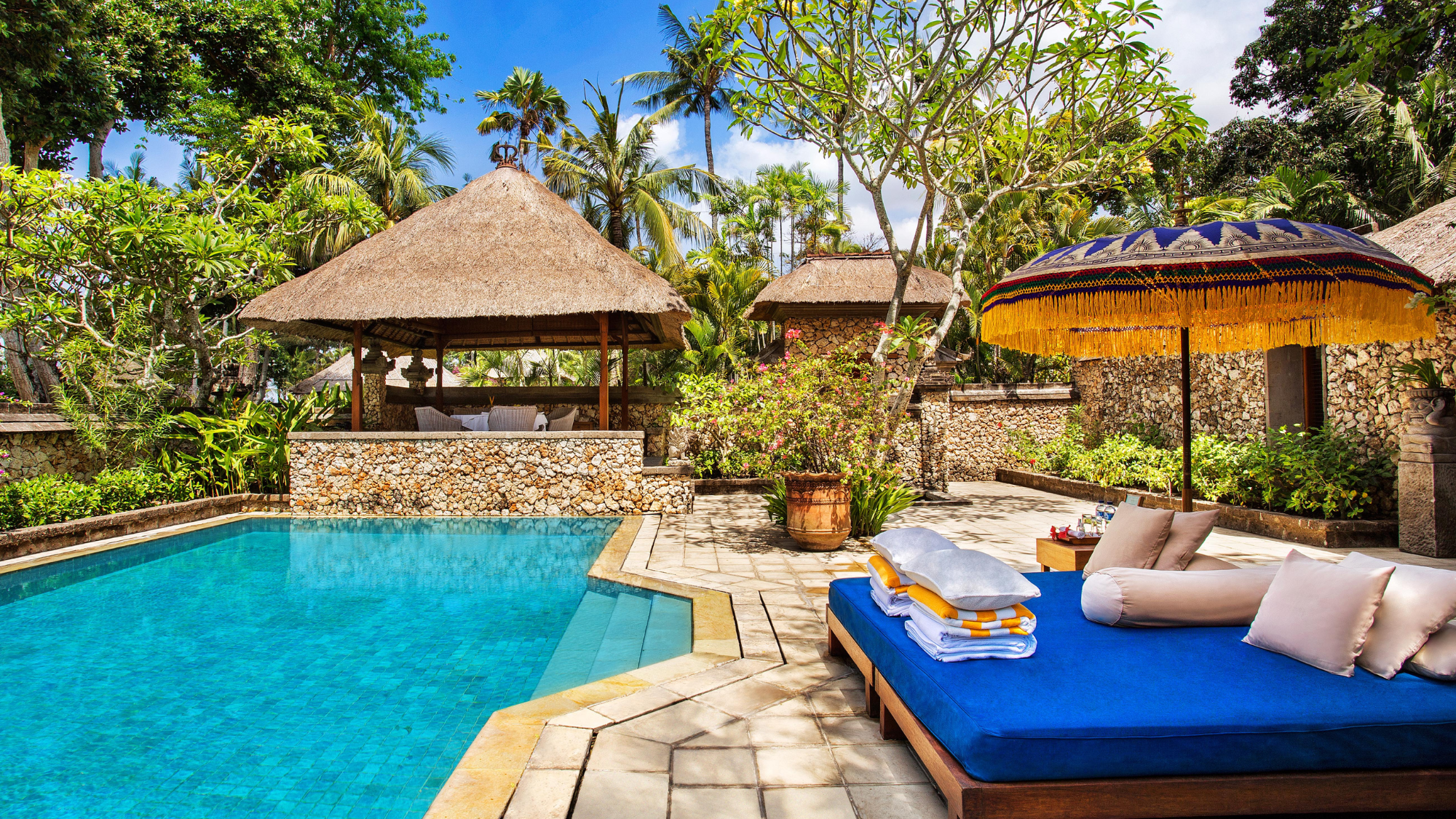 The Oberoi Beach Resort, Bali: a calm retreat in the heart of Seminyak
The Oberoi Beach Resort, Bali: a calm retreat in the heart of SeminyakThe Week Recommends Tradition meets modernity at this serene beachfront resort
-
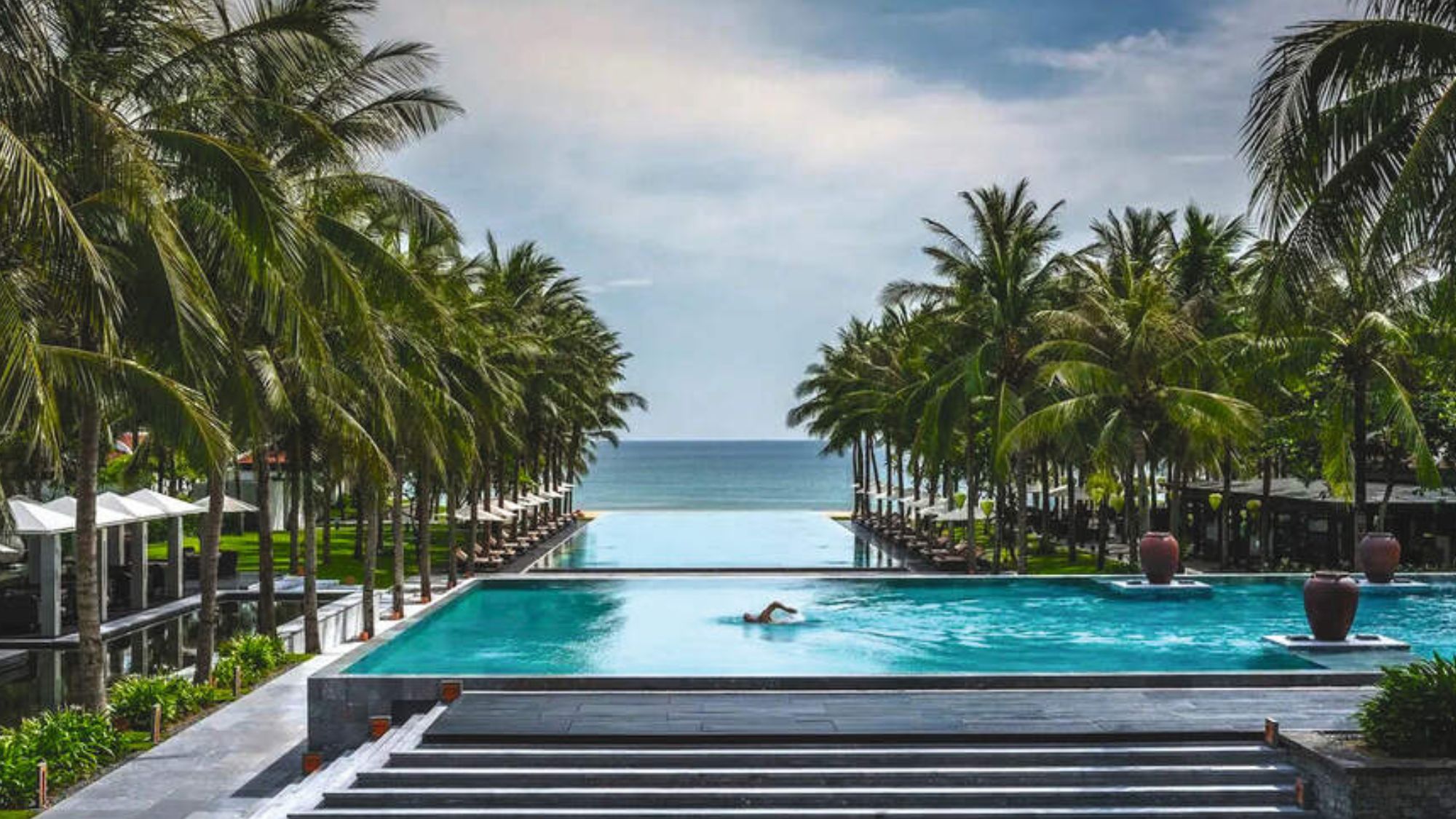 Six sensational hotels to discover in 2026
Six sensational hotels to discover in 2026The Week Recommends From a rainforest lodge to a fashionable address in Manhattan – here are six hotels that travel journalists recommend for this year
-
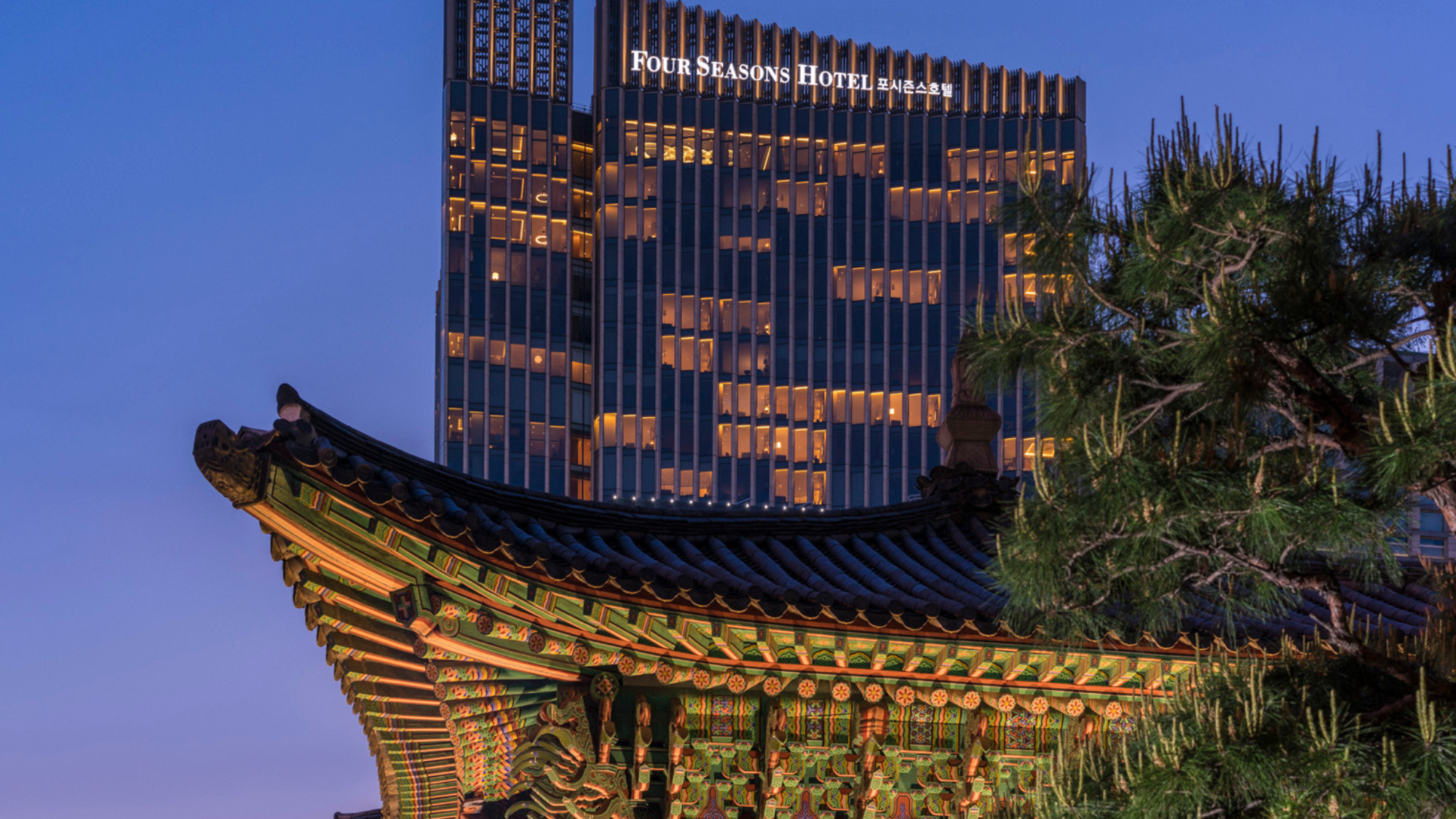 Four Seasons Seoul: a fascinating blend of old and new in South Korea
Four Seasons Seoul: a fascinating blend of old and new in South KoreaThe Week Recommends Located right in the heart of the action, this classy hotel is the perfect base to explore the capital
-
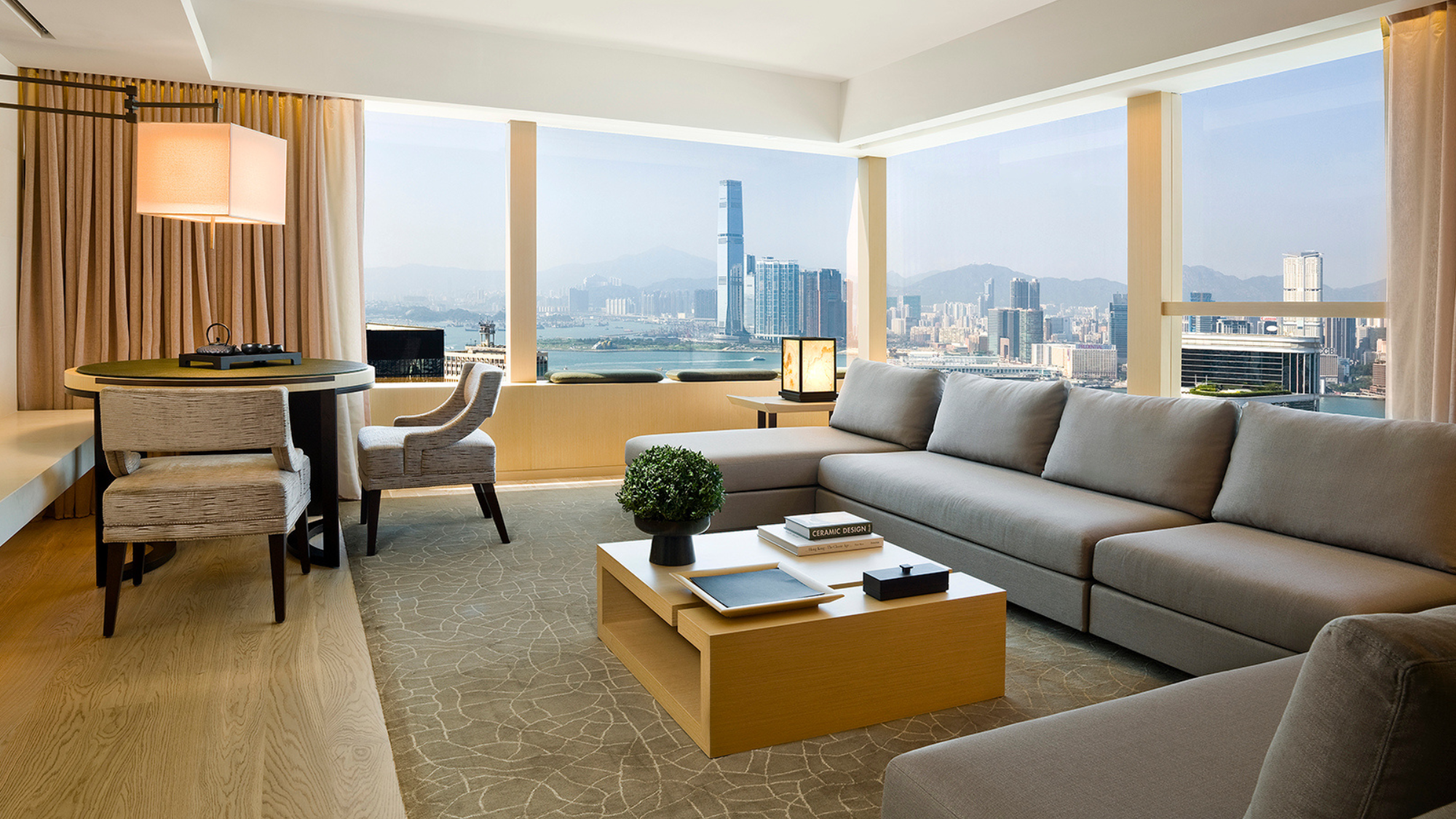 Upper House Hong Kong: a serene sanctuary in the bustle of the city
Upper House Hong Kong: a serene sanctuary in the bustle of the cityThe Week Recommends Panoramic harbour views and super-stylish interiors elevate this luxury hotel to another level
-
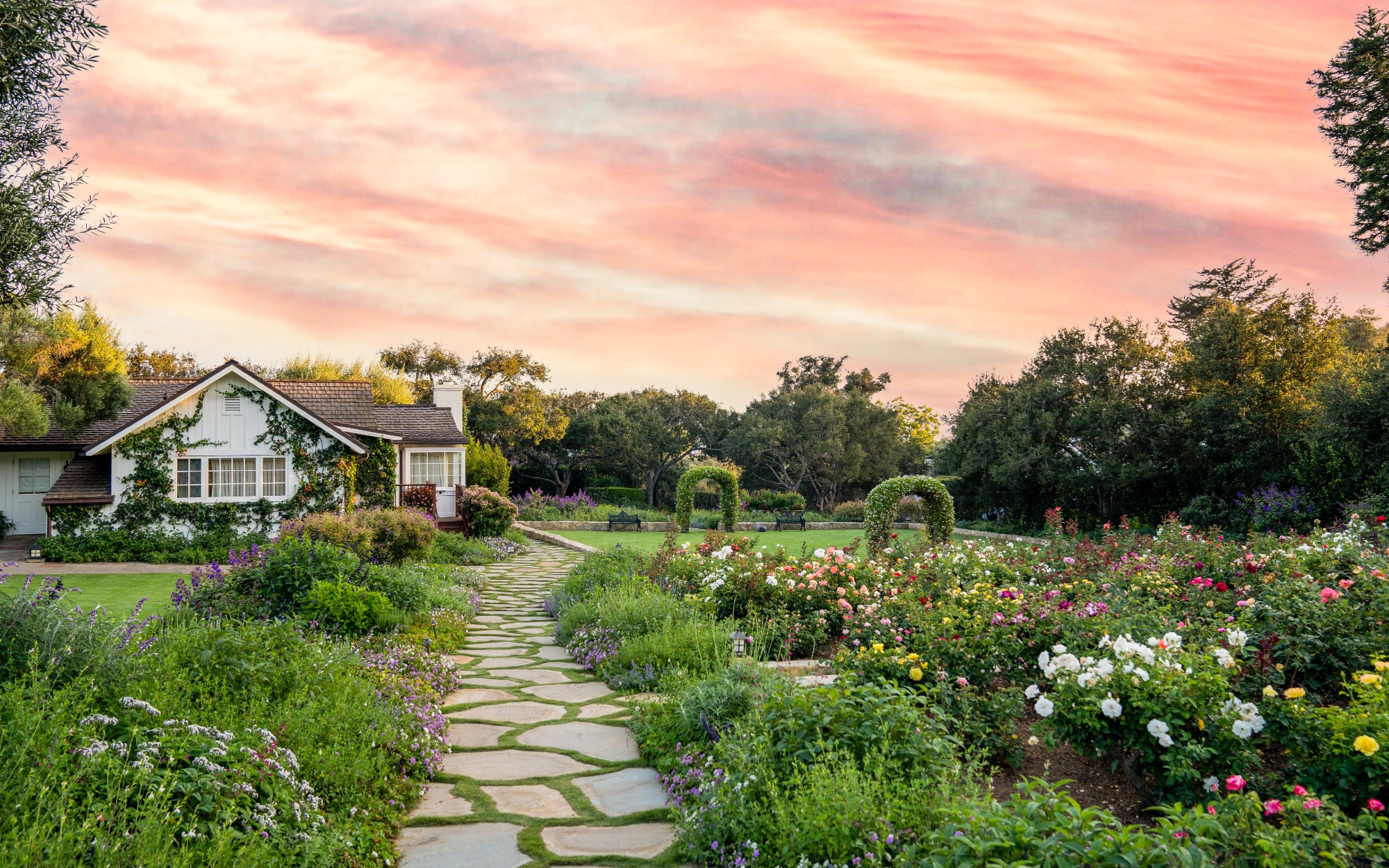 Step into a fairy tale at San Ysidro Ranch
Step into a fairy tale at San Ysidro RanchThe Week Recommends This historic Californian hideaway is pure magic